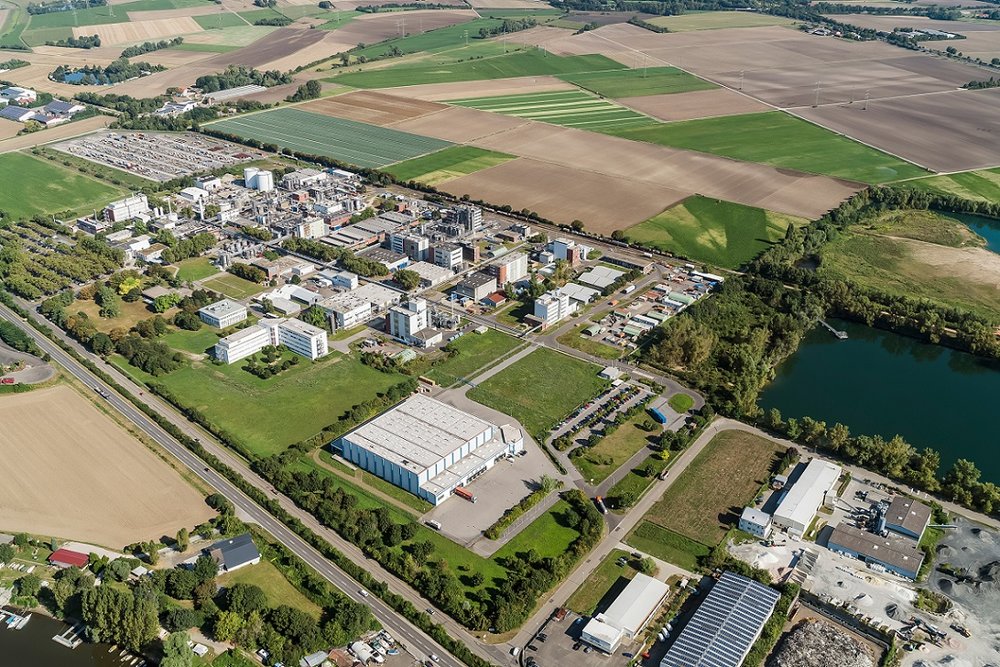www.industry-asia-pacific.com
24
'19
Written on Modified on
BASF Selects Emerson to Enhance Flexibility and Production at German Chemical Plant
Emerson automation to improve operational efficiency, enhance cybersecurity for world’s largest chemical manufacturer.

As the European chemical industry faces increasing market competition from outside Europe, flexible and cost-competitive development methodologies and production technologies are needed to ensure success, says research by DECHEMA Gesellschaft für Chemische Technik und Biotechnologie e.V. (Society for Chemical Engineering and Biotechnology).
BASF is making a significant investment to modernize plant automation as part of its effort to sustain market leadership and achieve Top Quartile performance.
“To maximize operational efficiency and production flexibility, we will continue to implement the latest automation technology and systems,” said Jens Grimm, automation manager at BASF Lampertheim. “Emerson is a trusted business partner with the proven expertise to help ensure a seamless system migration as we partner to modernize Lampertheim for successful, long-term production.”
BASF will implement Emerson’s new hybrid automation solution that replaces existing programmable logic controllers (PLCs), used to control 20 reactors, with Emerson’s leading DeltaV™ PK Controller. The new hybrid technology integrates into BASF’s existing DeltaV automation system, which will significantly reduce the cost, time and complexity of modernizing the automation system; minimize start-up time for new production batches; and make switching production easier.
“Embracing digital transformation technologies and strategies is critical to achieving top performance levels,” said Jim Nyquist, group president of Systems and Solutions for Emerson’s Automation Solutions business. “Through the implementation of Emerson automation technologies, BASF is well-positioned to drive business performance and remain the market leader.”
For BASF, Emerson will also replace an obsolete system controlling the tank farm and distillation columns at the facility, which produces additives that improve characteristics for plastics and coatings. The expansion of Emerson’s DeltaV distributed control system, which is already used to control other parts of the plant, will ensure continued efficient production and enable BASF to standardize its control architecture, helping to reduce integration complexity and operator training costs.
A key part of the project is to expand automation security protections. This advanced technology, developed with Emerson to address cybersecurity threats, has been applied at other BASF manufacturing plants. By modernizing its automation systems, BASF can take advantage of new capabilities embedded in Emerson’s automation systems that help fortify plant operations against cyber threats.
Emerson will also provide approximately 8,000 hours of on-site engineering services, a separate virtualized system to reduce hardware capital and operating costs and lifecycle support services.
www.emerson.com

